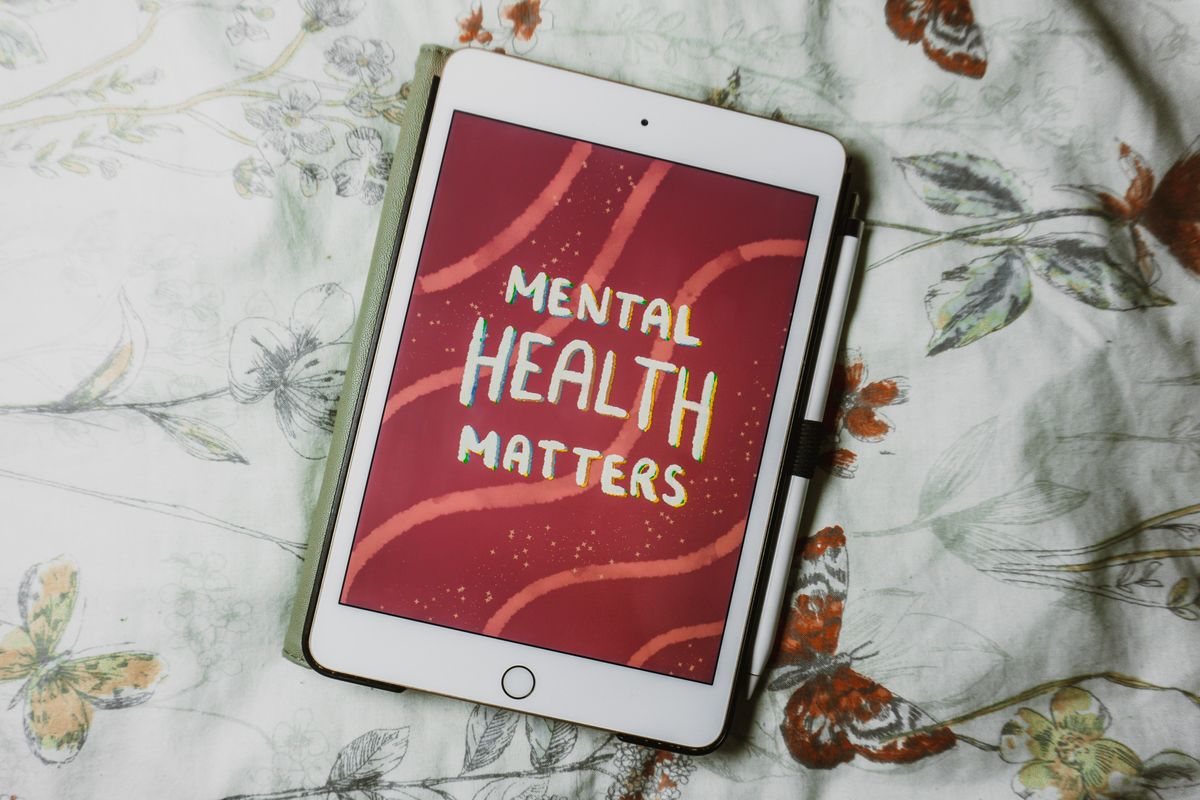Warning Signs of Poor Mental Health and What to Do About Them
Use these simple and effective techniques to take better care of your mental health.

The pandemic marked a turning point in our understanding of mental health and mental illness. The two terms have often been confused, but they are not the same. A mental illness is a medical condition that affects a person’s mood, behaviour, thinking or life over a sustained period of time. On the other hand, mental health is a state of emotional, psychological, and social well-being. Good mental health is not just an absence of mental illness. It is the ability to realise one’s potential, handle life’s stresses, become productive, and contribute to society.
Educating ourselves about the signs of poor mental health is the key to stopping any issues before they go on to become illnesses like depression or anxiety, which may require prolonged care and/or major lifestyle changes. There’s a lot that we can do to spot and prevent signs of deteriorating mental health, both in ourselves and in others, to head off such problems in time.
The fact is, mental health issues do not show up overnight. There are a lot of warning signs that you can watch out for. Here are some typical signs of poor mental health:
- Constantly feeling low
- Lack of confidence in oneself
- Mood swings
- Inability to focus
- Constant or irrational worry and/or fear
- Lack of enjoyment in things that used to give you pleasure
- Tiredness
- Social withdrawal
- Facing difficulty in making simple decisions
- Irritability
- Not being able to control your emotions
- Change in eating and sleeping patterns
- Excess consumption of alcohol or cigarettes
- Drop-in productivity
- Thoughts of self-harm or suicide
What to do if you spot these signs of mental health issues
It can be difficult to disclose your mental health issues to others and seek help -- especially your employer. The shame and stigma associated with it can deter many people from taking the first step. Of course, it helps if your workplace facilitates open and safe communication about mental health issues. However, there are still some steps you can take to ensure that the underlying causes behind your stress, negativity, or apprehension are tackled.
- Assess your priorities :
In today’s world, it is a common practice to put your work before health. Stuck in the rat race, we lose ourselves while constantly trying to prove ourselves. The relentless competition with our peers also makes it difficult to take breaks. However, if your mental health is being affected by your work, you need to reassess your priorities. This can mean redefining what success means to you. Ask yourself if you would like to stay young at 50 or become 'old' at 30. Chart out the things you feel you are missing out on, and figure out how you will achieve them. Start new habits that will help you achieve those goals. If needed, cut back at work or consider a flexible work arrangement temporarily or permanently. Train the voice in your head to put your health, wellbeing, and relationships above all else.
2. Consult a professional :
Just as in the case of a physical health issue, do not self-diagnose your mental health or Google for treatments. If your employer provides access to mental health professionals, consult them. And if it doesn’t, ask your family doctor to nudge you in the right direction. Remember, we all need help, and help arrives when we ask.
If the issue seems severe, you can consult a psychiatrist who can diagnose your condition and recommend medication or therapies. Or else directly consult a psychologist who is a counsellor or therapist. Workplace counsellors are different from psychologists, but they both can help you. Select the one appropriate for you based on the issue and the resources you have at hand.
Try Manah's free emotional wellbeing assessment now!
3. Communicate:
While you are in the healing process, it could be difficult to work out of the office and navigate the stress, work politics, and tricky relationships in the work environment. If it is resulting in signs of lowered or poor mental health, the best thing to do is to speak to your HR manager or your boss. Figure out a workaround (e.g., a change of duties or location or a flexi-work arrangement) that allows you to be productive while safeguarding your emotional health. And take your time to open up about your mental health issue with the people you trust at work.
4. Practice self-care:
Self-care comes in different forms. Noting down everything you feel is the first step towards self-care. Initially, this may be difficult. But writing will make it easier for you to be aware of your emotions. It is also one of the best ways to observe yourself. Write down your thoughts without self-judgment. The more you write, the more you can understand yourself which helps to heal the issues. Feel every emotion, whether sadness, happiness, or anger.
You can also restart a hobby you used to enjoy. Meditation or exercise can also help. Meditation is not the absence of thoughts; it is about letting the thoughts flow without any judgment. Try yoga, exercise, or any physical activity as these can have positive effects on the mood and mind.
5. Accept change :
Healing requires unlearning and the change that comes with it. Be open to getting better. Accepting change is difficult at first, but keep moving anyway. Things will get better. When we start to figure out our mental health issues, it can feel difficult to move ahead, but hold on to the process. It is OK to not be able to keep up, as long as you come back again. Accept that your work may be affected for a while, but focusing on yourself is important for getting better at work later on.
Ignoring the warning signs of poor mental health is never advisable. If you accidentally fall and hurt your hand, you go to the doctor or immediately put a plaster on it. The same goes for your mental health. If you are aware that something does not feel right, you need to act instantly. Ignoring your mental health can affect you physically and can also affect the people around you. So, open up and take care of yourself. Let’s stop the stigma around mental health issues.



